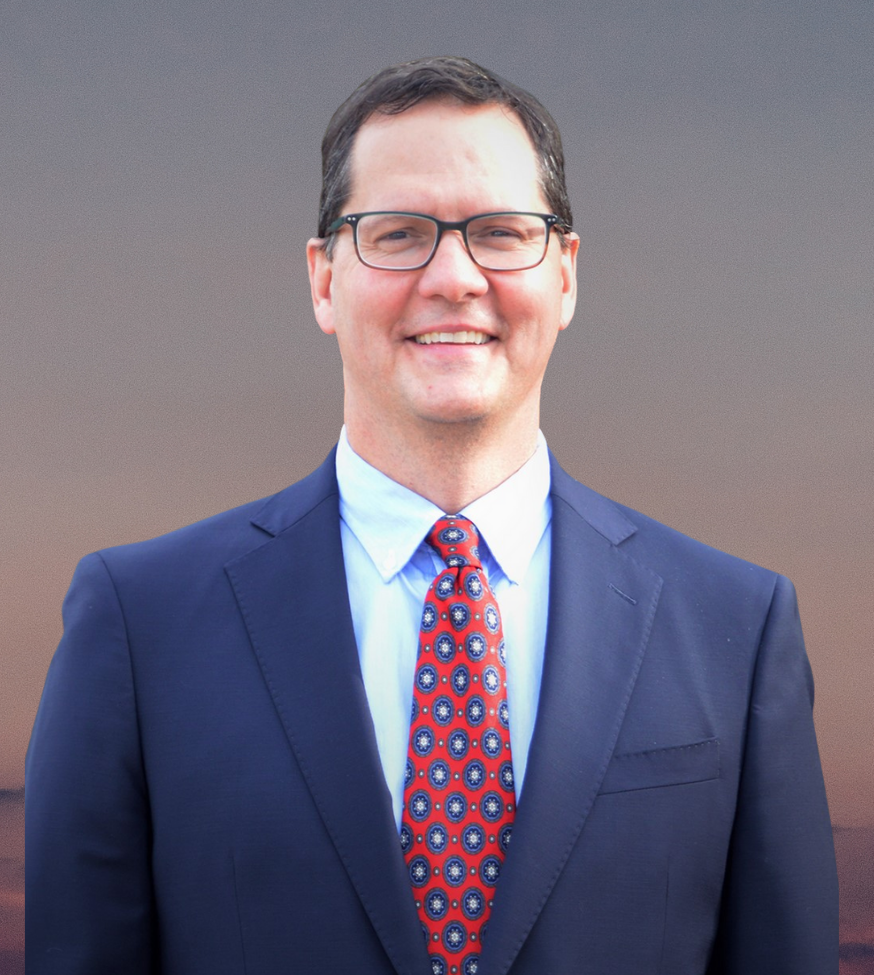On July 21, 2017, a 5-year-old boy drowned. Deaths of children by drowning is not uncommon in the summer months of Georgia, but this boy didn’t drown in a swimming pool where well-over half of all drownings occur for children of his age and where his parents would have been responsible for his care. This 5-year-old drowned in a pond while he was attending a day camp. The boy, Benjamin “Kamau” Hosch III, was attending Camp Cricket Summer Day Camp when his camp took a day trip to Cochran Mill Nature Center, which is about 1.5 hours northwest of Macon, Georgia. According to 11Alive, he was missing for 45 minutes before any of the camp counselors acknowledged his absence. By then, it was too late.
His family intends to file a wrongful death lawsuit, blaming the camp organizers and the nature facility for Kamau’s death. Information already coming out from an initial investigation is startling, though only preliminary. The day camp was ordered to close after the death and upon knowledge, it did not have a license to operate. At the Cochran Mill Nature Center, there is a small waterfall, and camp officials took the children to a rock ledge to eat lunch and, allegedly, splash and swim in the shallow water. The Nature Center claims the children were permitted to splash, not necessarily swim, while the family alleges the children were permitted to swim. Either way, a child can still down in shallow water. Kamau’s mother said she was not advised they would be swimming, and she did not sign a consent form to permit him to swim. In fact, his mother confirmed, Kamau did not know how to swim.
The elements of fault and negligence, on the face value, appear to be present in this case, though of course, the facts will have to be developed in the case. His family is suffering enormously. Indeed, the community is suffering for it. The only thing that could possibly bring some measure of justice for this loss of Kamau is monetary compensation, but in this case, the question is where would that money come from?
EXPLORING OPTIONS TO RECOVER DAMAGES
The Nature Center is a non-profit very likely with limited funds while the day camp also likely has limited funds, if any, especially given it failed to apply for a license. Suing the individual camp counselors, though they will probably be named one-by-one in the lawsuit, is also questionable. They are young and may not have much in the way of assets themselves. The likely source would be through their insurance companies.
In Georgia, non-profits are generally not required to carry liability insurance, but the law on insurance, liability, and non-profits is complex. That said, it is highly recommended that nonprofits obtain liability insurance, and most do. The Nature Center, according to Charity Navigator, has over $300,000 in assets, so it may have some kind of insurance. Day camps, on the other hand, are required to carry liability coverage unless exempt. One criterion for exemption is that the children must all be aged 5 and/or older. Here, Kamau was 5, and we do not know the ages of the other children if any were younger than five. It is possible that the day camp met this criterion, then it could have met all the other criteria, and thus, may have been exempt.
These cases can be difficult, and identifying the responsible parties and their insurance is of paramount importance. An experienced attorney who is creative and resourceful will know what to look for and how to proceed in such cases; thus, having a good attorney is imperative.

